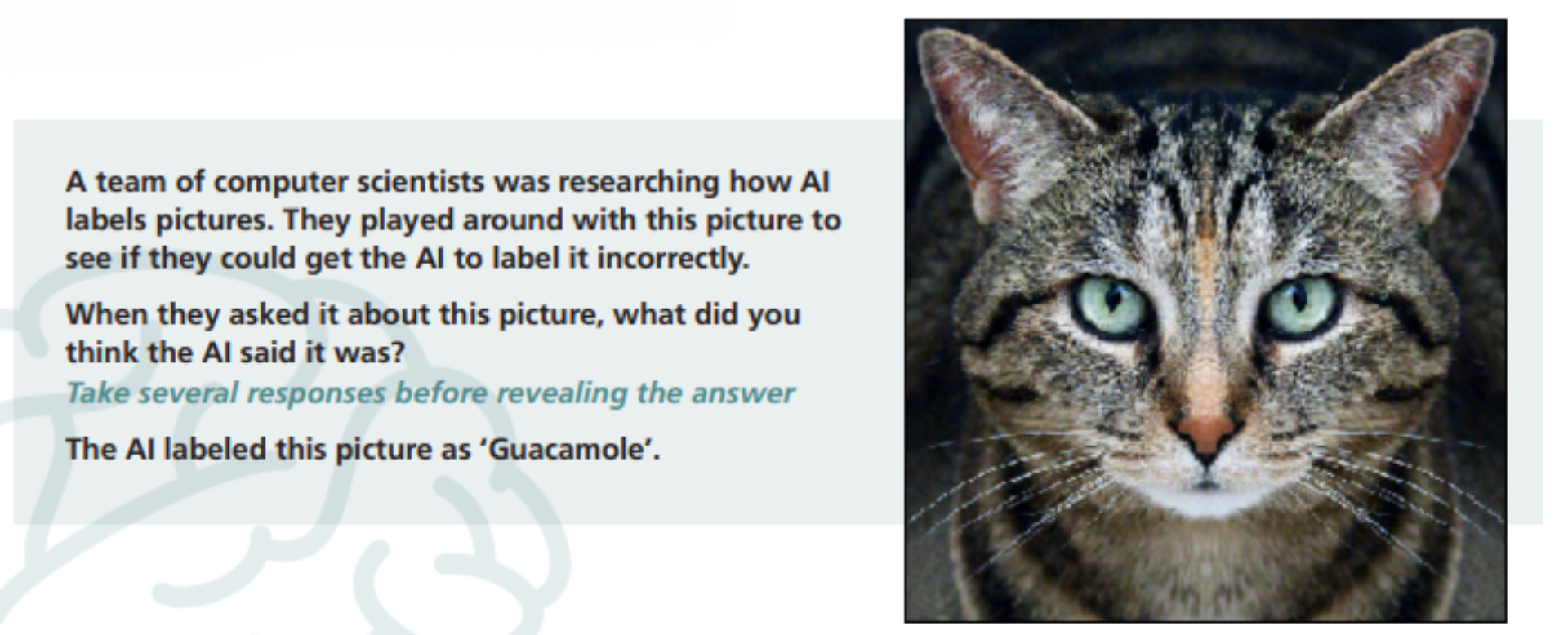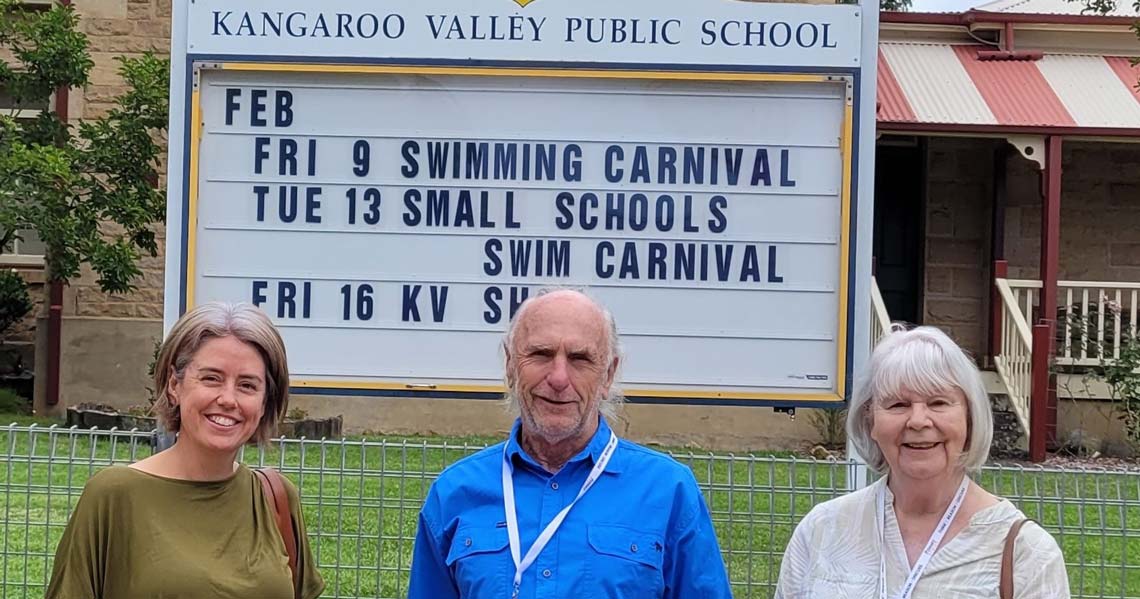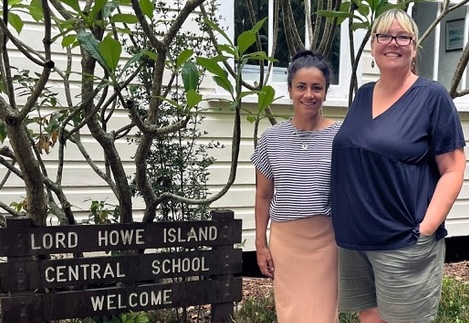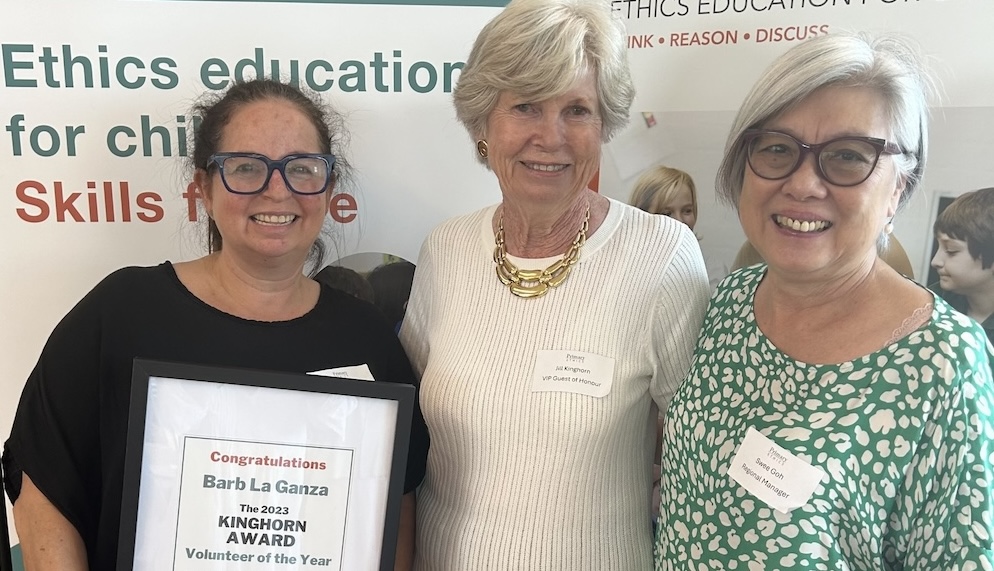Ethics @Home bulletin for parents Term 2 2024
Welcome to term 2 @Home bulletin for parents – and a special welcome to those of you whose children have only recently commenced ethics classes.
Our @Home bulletin lets you know what your children will be discussing in their ethics lessons this term. We hope the students talk about ethics with you at home – ask them questions about it! These topics are relevant to us as adults too. We’d love to hear of any good discussions you have.
Here’s a brief look at what your children, from kindergarten into secondary school, could be exploring in their ethics lessons this term.
The topics we show you below are based on classes which began at the beginning of the year. Schools start at different times of the year, some lessons go faster or slower than others, some schools skip ethics for the first and last weeks of the term while others teach every single week – and so on.
If your child tells you they are discussing a topic you don’t see in this bulletin, you can also look at the Curriculum section of our website.
Kindergarten: Doing harm without meaning to
Accidents often happen and sometimes things are broken or someone is hurt. In Term 2, students in Kindergarten talk about accidents and responsibility. They’ll talk about the difference between doing something wrong on purpose and by accident – and whether it’s okay to punish someone who does something bad by accident.
Later in the year, students will consider whether it’s okay to hide a mistake by making up a story.
Stage 1 – Years 1 & 2: Laziness
We can all be a little lazy from time to time. In Term 2, our Stage 1 students explore the ethics of laziness. They’ll think about what counts as being lazy (for example, is there a difference between relaxing and being lazy?) They’ll also consider what, if anything, is wrong with being lazy.
Later in the year, students will talk about when it’s important to share with others.
Stage 2 – Years 3 & 4: Should we keep animals in captivity?
In Term 2, our Stage 2 students ponder the ethics of keeping animals in captivity. They consider whether it matters whether the animal is kept in a zoo or a circus and whether it’s okay to treat animals and people differently.
Later in the year, students will think about bragging and taking the time to imagine how others are feeling.
Stage 3 – Years 5 & 6: Beliefs, opinions, tolerance and respect
People have all sorts of beliefs and opinions – about things like smoking, politicians, the moon landing, aliens, ethics and so on. In Term 2, our Stage 3 students reflect on how tolerant and respectful we should be of other people’s beliefs and whether people are always entitled to their beliefs.
Stage 4 – Years 7 & 8: From moon trash to migrant horses
In Term 2, our Stage 4 students discuss some big questions to do with environmental ethics and what caring for our land can mean. As part of this, students consider custodianship, land ownership, littering and introduced species.
Later in the year, students will discuss the ethics of being ignored and how to navigate fake news.





